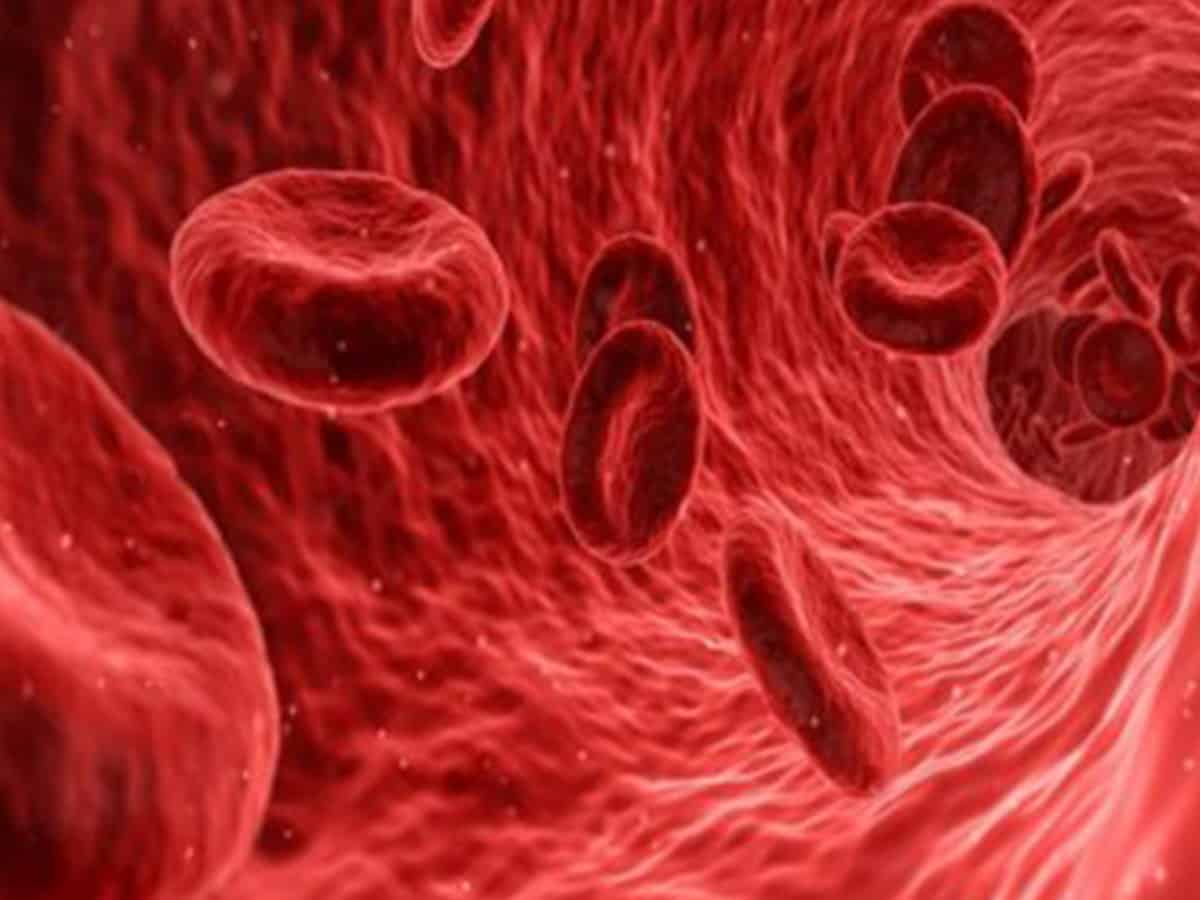Tokyo: Chemotherapy combined with the drug “rituximab” coupled with the treatment for secondary Central Nervous System (CNS) problem has shown promising results for patients suffering from a rare subtype of Lymphoma, also known as blood cancer, said a study.
Lymphoma is a type of blood cancer that develops from lymphocytes (a type of white blood cell). It has many subtypes. According to the study published in the journal ‘Lancet Oncology’, there is no effective treatment for the rare disease.
The disease tends to affect the elderly, for whom standard high-dose chemotherapy may have serious side-effects, and the patients are at a high risk of developing subsequent CNS disorders even with treatment.
A novel treatment protocol with fewer side-effects and which also tackles secondary CNS involvement is needed, and this is exactly what a group of scientists, led by researchers from Nagoya University and Mie University in Japan, attempted to test in a new clinical trial.
A previous “retrospective” study involving the analysis of medical records of patients who had undergone standard chemotherapy combined with the drug “rituximab” showed that this line of treatment is more promising than standard treatment alone, but it does not solve the problem of secondary CNS involvement.
“We considered that rituximab-containing chemotherapies combined with treatment for the secondary CNS problems could lead to further improvement in the clinical outcome,” said study researcher Kazuyuki Shimada from Nagoya University.
With this consideration, the research team conducted a Phase 2 multicentre clinical trial, where they administered their proposed treatment to 38 enrolled patients (aged 20 to 79 years and without CNS disorders at the time of cancer diagnosis) and monitored their conditions over the long term.
Overall, their treatment protocol appears to be promising: 76 per cent of the enrolled patients reached the primary goal of two-year survival without disease progression and 92 per cent reached two-year overall survival.
The disease affected the CNS in only 3 per cent of patients. The findings also showed that the toxicity of the treatment was found to below, and all adverse effects were manageable, with very few serious complications.
This means that although further study is necessary, this protocol can be adopted in clinical practice in the very near future. The findings of this clinical trial are certainly quite promising. With only minor refinements to the proposed treatment protocol, patients with ‘Intravascular Large B-cell Lymphoma’ could have an edge in their fight against cancer, the researchers noted.

